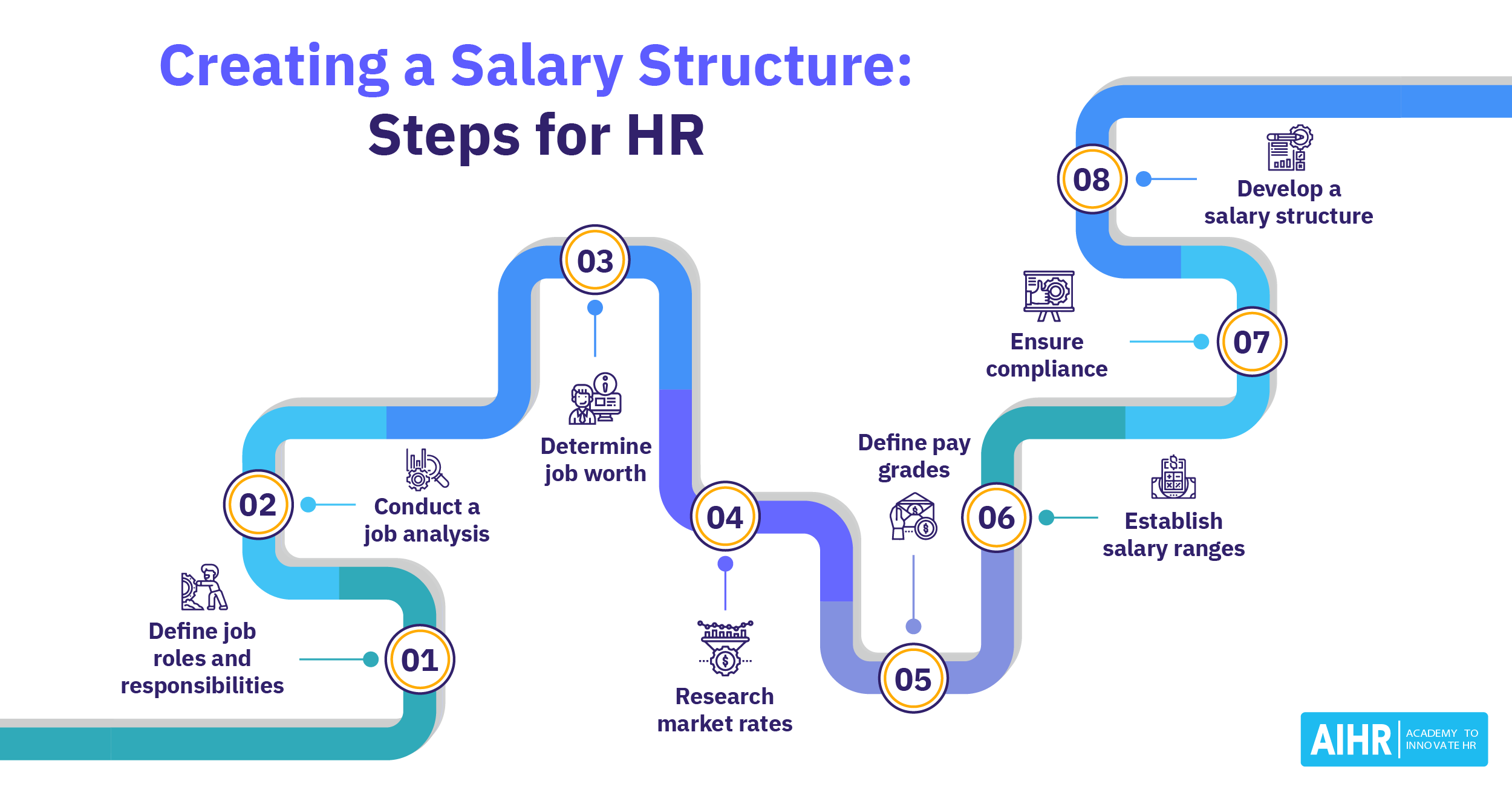The location of a job can significantly impact the salary offered.1 Factors like cost of living, industry standards, and local labor market dynamics play crucial roles in determining compensation packages.2
Geographic Salary Disparities
- Urban vs. Rural: Urban areas, especially those with high costs of living, tend to offer higher salaries.3 This is due to factors like competition for talent, higher demand for skilled workers, and the need to compensate for the higher cost of living.
- Regional Differences: Salaries can vary significantly between different regions within a country. For example, coastal cities in the United States often offer higher salaries compared to inland areas.4
- International Differences: Salaries can vary dramatically across different countries.5 Factors like economic conditions, currency exchange rates, and labor laws influence compensation levels.
Industry-Specific Differences
- Tech Hubs: Cities like Silicon Valley, New York City, and London are known for their high-paying tech jobs.6 The concentration of tech companies and the demand for skilled workers drive up salaries in these areas.7
- Finance Centers: Financial hubs like New York, London, and Hong Kong offer competitive salaries in banking, investment, and insurance.8
- Manufacturing and Industrial Areas: Regions with strong manufacturing and industrial sectors may offer lower salaries compared to tech and finance hubs.
The Impact of Remote Work
The rise of remote work has blurred the lines of geographic location and salary. Remote workers can often negotiate higher salaries, as they are not limited to a specific geographic location.9 However, factors like the company’s location, the cost of living in the worker’s location, and the specific role still influence compensation.
Strategies for Negotiating Salary Based on Location
- Research: Use salary comparison tools to understand the average salary for your role in your specific location and industry.
- Highlight Your Value: Emphasize your skills, experience, and unique contributions to the company.10
- Consider Total Compensation: Negotiate not just base salary but also benefits, bonuses, and other perks.11
- Be Prepared to Walk Away: If the offer doesn’t meet your expectations, be willing to walk away and explore other opportunities.
By understanding the factors that influence salary and using effective negotiation strategies, individuals can maximize their earning potential, regardless of their location.




